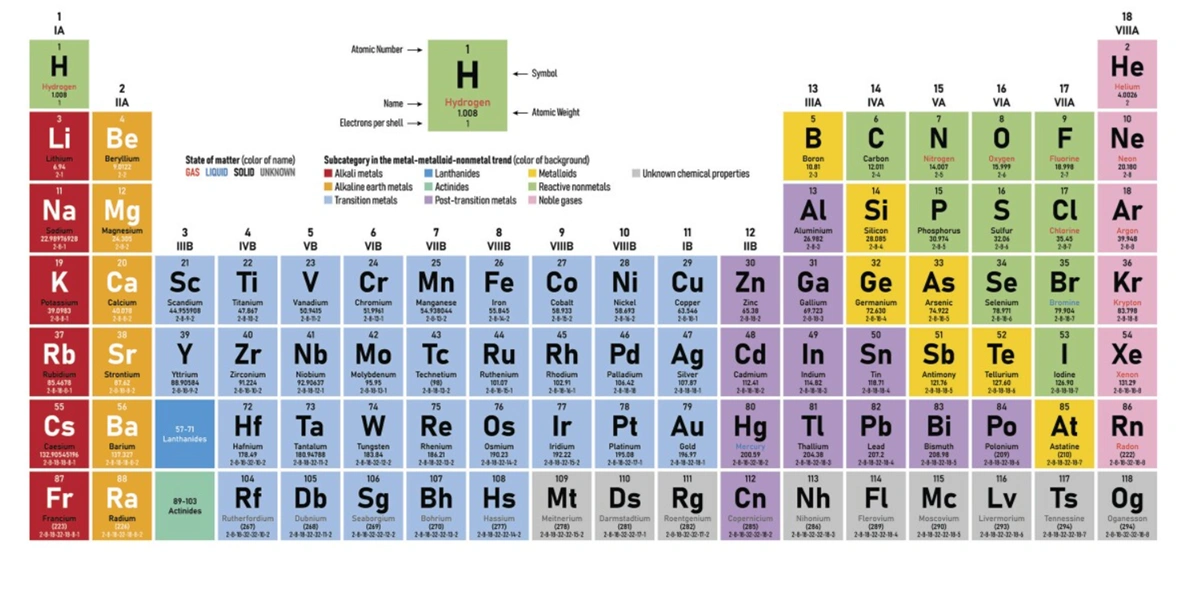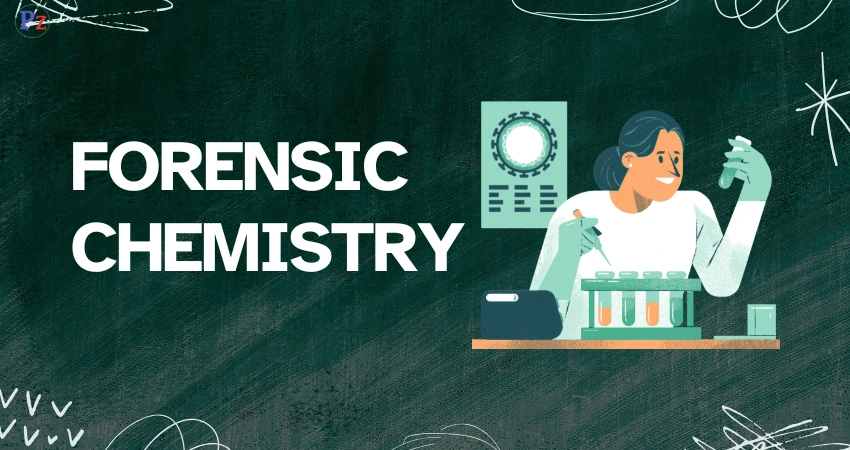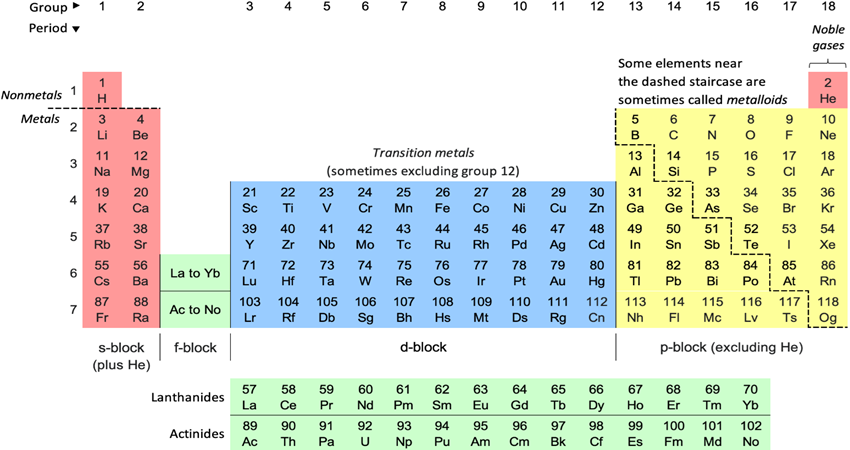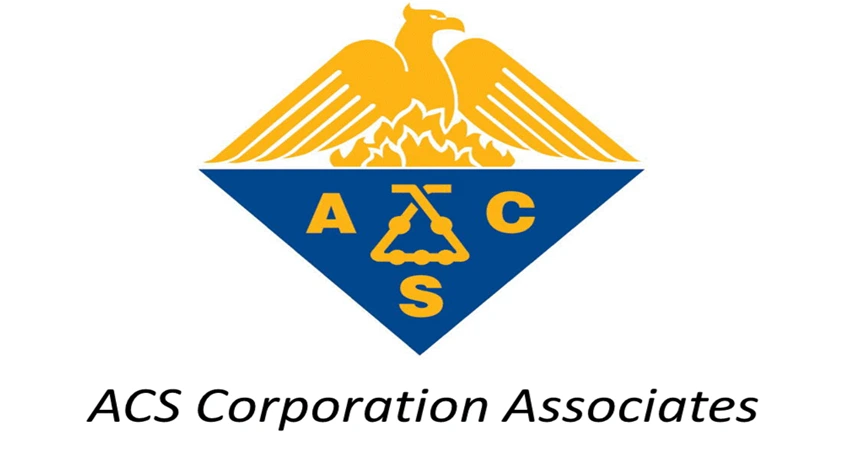1. Explain the term combustion with example.
Ans. Combustion is an exothermal chemical reaction which is accompanied by development of heat and light at a rapid rate so that temperature rises considerably.
C(s) + O2(g) → CO2(g) + 97KCal.

2. Distinguish between gross and net calorific values.
| S. No | Gross Calorific value | Net Calorific value |
| (i) | It is also called higher calorific value. | It is known as lower calorific values. |
| (ii) | It is the total amount of heat produced, when one unit of the fuel has been burnt completely and the products of combustion have been cooled to room temperature. | It is the net heat produced when unit mass/volume of the fuel is burnt completely and the products are permitted to escape. |
| (iii) | The latent heat of condensation of stream also included in the measured heat. | It is the measure of the difference between high calorific value and latent heat of water vapour formed. |
3. What is meant by spontaneous ignition temperature ?
4. What are the factors, influence the rate of combustion?
(ii) Temperature.
(iii) Concentration of the fuel and air.
5. Define calorific intensity.
6. What are the uses of flue gas Analysis ?
Ans. Flue gas analysis gives an idea about the complete or incomplete combustion process,
(i) If the flue gases contain considerable amount of CO, it indicates that incomplete combustion.
(ii) If the flue gases contain considerable amount of O2 , it indicates that complete combustion.
7. Name the important units of calorific values.
(ii) Kilocalories
(iii) British Thermal Unit (B.T.U)
(iv) Centigrade Heat Unit (C.H.U)
8. What is meant by explosive range of a fuel?
Ans. For every combustible gaseous mixture there exists an upper limit and lower limit corresponding to largest and smallest proportion of combustible gas which mixed with air will undergo combustion. This range is called explosive range of fuel.
9. The lower and upper explosive limits of ethane are 3 and 15 respectively. What does this mean ?
Ans. This is called explosive range or the limits of inflammability of a gaseous fuel. For continuous burning, the amount of gas present in the fuel air mixture should not go below the lower limit or above the upper limit.
10. What are the functions of three bulbs kept in orsat’s gas apparatus ?
Ans. The first bulb contains KOH solution to absorb CO2 only. The second bulb contains a solution of alkaline pyrogallol to absorb CO2 and O2. The third bulb contains ammoniacal cuprous chloride to absorb CO2, O2 and CO.
| Read More Topics |
| Corrosion – Questions and answers |
| Electrochemistry – Questions and answers |
| Refractories – Questions and answers |





